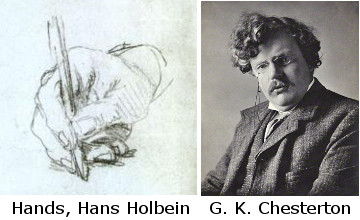Nancy Astor? Apocryphal?
Question for Quote Investigator: Recently, I saw the following comical remark attributed to the socialite and parliamentarian Lady Astor:
We women do talk too much but even then we don’t tell half we know.
Is this ascription accurate?
Reply from Quote Investigator: Nancy Astor was an important political pioneer as the first woman to take her seat as a Member of Parliament in the British House of Commons. In 1922 she spoke before American newspaper editors at the annual luncheon of the Associated Press held in New York. Boldface has been added to excerpts:1
“We women feel we have moral courage and a sort of vision,” she added. “We don’t enter politics because of ourselves. To raise you men perfectly we’ve got to do a great many disagreeable things—to spank you when a spanking is needed and to love you when that is needed. Now we are ready to enter the political arena—don’t be frightened, and don’t try to discourage us too much. We women do talk too much, but even then we don’t tell half we know.”
Astor’s words were remembered, and a few months later a newspaper in New Orleans, Louisiana printed a filler item with two lines from her address:2
Speech by Lady Astor
We women do talk too much, but even then we don’t tell half we know.
There’s so much good in all men; but only good women can bring it out.—Boston Transcript.
Here are additional selected citations in chronological order.
Continue reading “Quote Origin: We Women Do Talk Too Much, But Even Then We Don’t Tell Half We Know”

